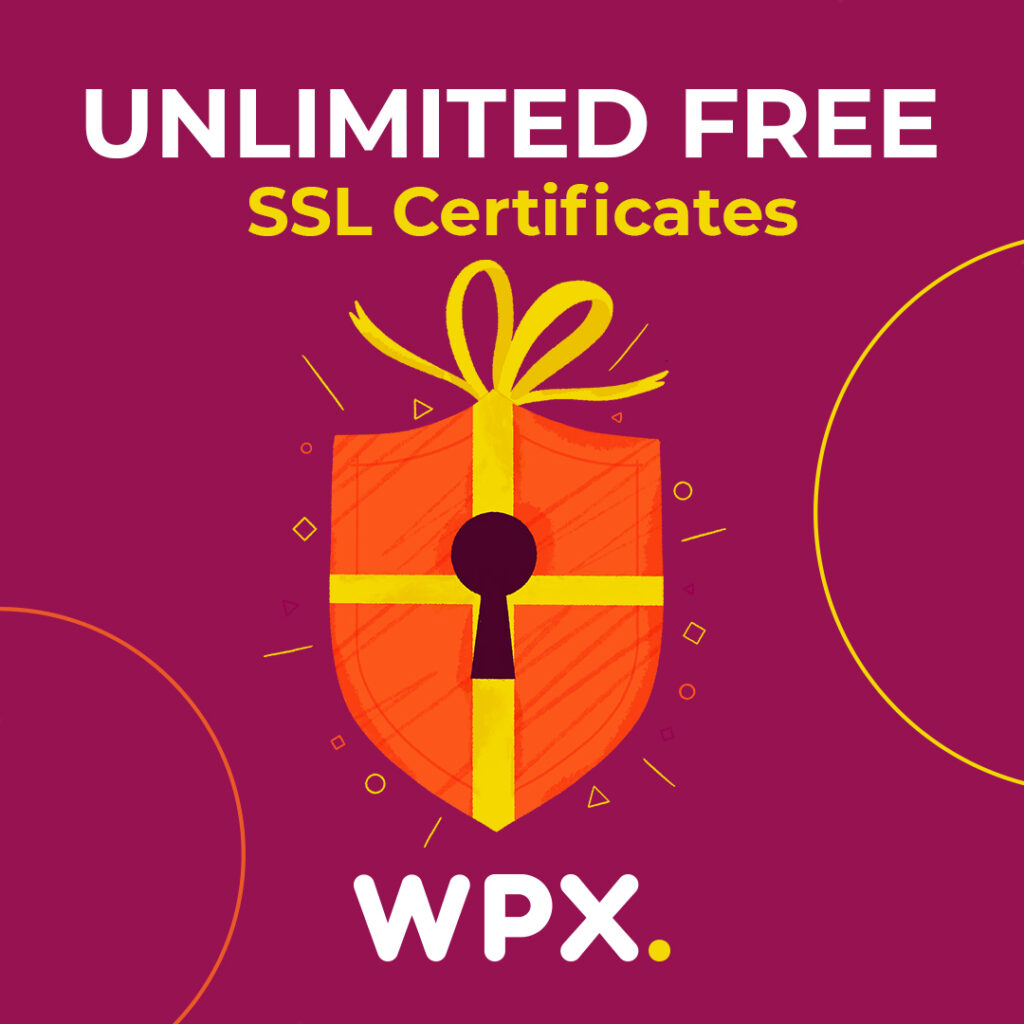Looking for a secure and reliable way to protect your online activities? Hosting ProtonVPN can provide an extra layer of security and privacy, especially if you handle sensitive information. This article will guide you through the process of How to buy hosting ProtonVPN.
Why Choose ProtonVPN for Journalists, Activists, and Whistleblowers?
As a journalist, activist, and occasional whistleblower, I’ve learned the hard way how crucial it is to safeguard my online activities and protect sensitive information from prying eyes. From the moment I started using ProtonVPN, I was immediately struck by its robust set of security features.
The advanced encryption protocols, such as AES-256 and ChaCha20, provide an impenetrable barrier against even the most sophisticated surveillance efforts. And the reliable kill switch feature — which instantly cuts off my internet connection if the VPN ever falters — gives me the peace of mind that my data will never be exposed, even in the event of a disruption.

But what truly sets ProtonVPN apart is its unwavering commitment to privacy. The service’s independently audited no-logs policy means that my online activities are never recorded or shared with third parties. Being based in privacy-friendly Switzerland, outside the reach of international intelligence-sharing agreements, further reinforces ProtonVPN’s dedication to protecting civil liberties and individual privacy.

As I delved deeper into ProtonVPN’s offerings, I was impressed by the suite of advanced features that cater specifically to the needs of individuals like myself. The Secure Core technology, for instance, routes my traffic through multiple servers in privacy-friendly locations, adding an extra layer of protection against potential surveillance. And the Tor over VPN feature allows me to access the dark web with enhanced anonymity, which has proven invaluable for my investigative work.
Understanding Hosting Options for ProtonVPN
When it comes to hosting ProtonVPN, there are a few different options to consider. The direct connection to ProtonVPN’s servers is undoubtedly the most straightforward approach, and it’s been a reliable and user-friendly solution for my day-to-day activities. However, as my security requirements have grown more complex, I’ve also experimented with hosting ProtonVPN on a compatible router and using a Virtual Private Server (VPS).
The router-based setup was a bit more technically involved, but it has provided comprehensive protection for all the devices on my network. This has been particularly valuable when working on sensitive projects, as I can rest assured that every device is shielded by the VPN’s robust security measures.
As for the VPS option, while it may seem daunting at first, the rewards of having greater control and customization over your VPN setup are well worth the effort. With a little research and a willingness to learn, I’ve been able to deploy and manage a ProtonVPN-enabled VPS with relative ease, and the results have been nothing short of transformative for my online security and privacy.
Choosing the Right Hosting Solution for Your Needs
The decision on how to host ProtonVPN ultimately comes down to a careful balancing act, weighing factors such as your security needs, technical expertise, and the number of devices you need to protect. For the most part, the direct connection has served me well, but I’ve found that the added layers of security and anonymity offered by hosting ProtonVPN on a router or a VPS are worth the extra effort, especially when handling high-risk situations.
If you’re a journalist or whistleblower like myself, who often deals with sensitive information, the VPS option may be a game-changer. The increased flexibility and customization it provides have allowed me to tailor the VPN setup to my specific requirements, with access to a wider range of server locations and the ability to fine-tune the configuration for optimal performance and security.
Setting Up ProtonVPN Hosting
Regardless of the hosting method you choose, the process of setting up ProtonVPN is surprisingly straightforward. For the direct connection, it’s as simple as downloading the appropriate app, creating an account, and following the on-screen instructions. The router-based setup does require a bit more technical know-how, but ProtonVPN’s detailed guides make the process manageable, even for those with limited IT experience.
As for the VPS option, while it may seem daunting at first, the rewards of having greater control and customization over your VPN setup are well worth the effort. With a little research and a willingness to learn, I’ve been able to deploy and manage a ProtonVPN-enabled VPS with relative ease, and the results have been nothing short of transformative for my online security and privacy.
Tips for Secure and Anonymous Hosting
Throughout my journey with ProtonVPN, I’ve picked up a few best practices that have helped me maximize the security and anonymity of my hosting setup. First and foremost, I always use strong, unique passwords and enable two-factor authentication for my ProtonVPN account and any associated services. This simple step adds an extra layer of protection against unauthorized access.
I’ve also found that using a privacy-focused DNS service, such as Cloudflare’s 1.1.1.1 or Quad9, can further enhance my online privacy. And of course, I make it a point to keep my operating system, VPN client, and any other relevant software up-to-date, ensuring that I’m protected against the latest security vulnerabilities.
ProtonVPN Hosting: Pros and Cons
As with any technology solution, there are both advantages and drawbacks to hosting ProtonVPN. On the plus side, the enhanced security and privacy it provides are invaluable, especially for those of us working in high-risk environments. The ability to access geo-blocked content and resources, as well as the protection against government surveillance and censorship, are also significant benefits.
However, the hosting options, particularly the router-based setup and the VPS approach, do come with a certain level of technical complexity. And for the VPS option, the increased cost can be a consideration. That said, I firmly believe that the pros far outweigh the cons, and the peace of mind that comes with knowing my online activities are secure is truly priceless.
FAQ
Q: Is it necessary to host ProtonVPN for enhanced security? A: While using ProtonVPN directly offers strong security, hosting it can provide additional layers of protection, especially for those handling sensitive information.
Q: What are the best VPS providers for hosting ProtonVPN? A: Based on my experience, I’ve found DigitalOcean, Linode, and Vultr to be reliable and secure VPS providers that are well-suited for hosting ProtonVPN.
Q: Is hosting ProtonVPN legal? A: Yes, hosting ProtonVPN is generally legal in most countries. However, it’s essential to be aware of and comply with any local laws or regulations regarding the use of VPNs.
Q: Can I use ProtonVPN for free? A: Yes, ProtonVPN does offer a free version with limited features. However, hosting ProtonVPN will require a paid subscription to take advantage of the full range of capabilities and security benefits.
Conclusion
In the ever-evolving landscape of digital security and privacy, ProtonVPN has proven to be a valuable ally in my work as a journalist, activist, and whistleblower. By hosting the VPN, I’ve been able to take control of my online presence, safeguarding my data and sensitive information from potential threats.
Whether you choose the direct connection, the router-based setup, or the VPS hosting option, ProtonVPN provides a robust and reliable solution that caters to the unique needs of individuals like myself. The enhanced security features, the strict no-logs policy, and the advanced capabilities all work together to create a comprehensive shield against the prying eyes of those who seek to undermine our civil liberties and freedom of expression.
As you navigate the complexities of hosting ProtonVPN, I encourage you to choose the option that best suits your needs and take the next step towards securing your online activity. Together, we can ensure that our voices and actions remain protected in the digital realm.














